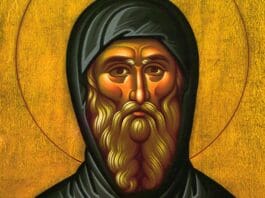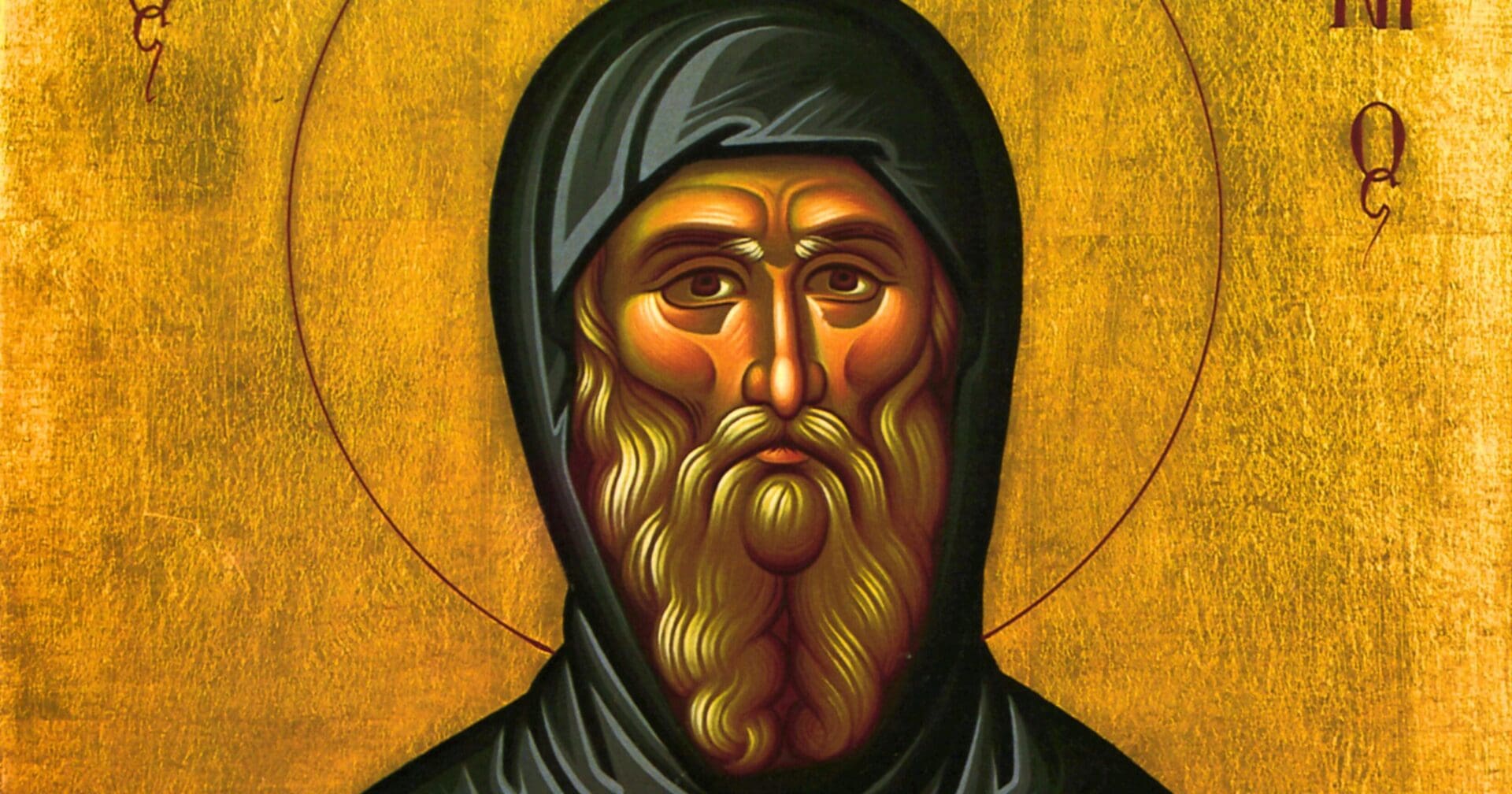
In the vast, sun-baked expanses of the Egyptian desert, two Greek philosophers embarked on a journey to seek wisdom from an unlikely source: Anthony the Great. Their path led them to a remote mountain, where Anthony lived a life of stark simplicity. Clothed in nothing but animal skins, shunning the comforts of bathing, and subsisting on mere bread and water, Anthony was a stark contrast to the philosophers’ cultured background.
The Greeks hailed from the cradle of civilization, educated in the sophisticated arts of language and rhetoric. To them, Anthony, an Egyptian from a conquered nation, with no formal education and communicating through an interpreter, must have appeared a curious figure of folly.
Yet, the philosophers were drawn to Anthony, having heard tales of his profound wisdom, miraculous healings, and the comfort he offered to the suffering. They sought his insights, believing him to be a sage despite his unorthodox appearance.
Anthony perceived their intentions. Accustomed to a life of action over mere words, he challenged them, saying, “If you deem me wise, emulate me. To follow the truly good, one must become it. As Christians, we live not by arguments, but by faith.”
Anthony’s life was a testament to this philosophy. Following the death of his parents, he inherited substantial wealth but chose a different path. Inspired by the words of Jesus in Matthew 19:21, he forsook his riches, dedicating himself to a life of prayer, fasting, and labor. For Anthony, embodying his faith was not about passive reflection but active transformation.
He sought out holy figures not for their teachings but to emulate their virtues. Whether it was their dedication to prayer, patience, or kindness, Anthony would incorporate these traits into his own life.
In his conversations with the philosophers, Anthony emphasized that faith, a divine gift, was superior to human-crafted arguments. His own life was a testament to this belief, marked by constant struggles against temptation and the devil. Yet, in every challenge, he found strength and reassurance in his unwavering faith.
Anthony’s journey was one of relentless self-improvement. From living near his village to retreating into the desert, he continuously sought greater challenges to deepen his faith. He became a beacon for those seeking healing and wisdom, eventually forming what is now considered the first monastic community.
However, wary of pride and idolatry, Anthony eventually retreated deeper into the desert, seeking solitude and communion with God alone. His life of over a century was one of faith, challenges, and unyielding commitment to spiritual growth.
Saint Athanasius, in his biography of Anthony, captures his legacy. Anthony’s life was not remarkable for scholarly works or worldly accomplishments but was distinguished by his profound reverence for God. Anthony, with radical faith and complete dedication to God, offers a timeless lesson in spiritual commitment and faith.
Photo credit: Public Domain via Wikimedia Commons
The post Saint Anthony appeared first on uCatholic.
Daily Reading
Memorial of Saint Anthony, Abbot
Readings for the Memorial of Saint Anthony, abbot Reading I Hebrews 4:1-5, 11 Let us be on our guard while the promise of entering into his rest remains, that none…
Daily Meditation
Real Healing
Click here for daily readings Typically when we pray for healing, we pray for physical healing, or perhaps emotional or relational healing. We don’t tend to think so quickly of…




